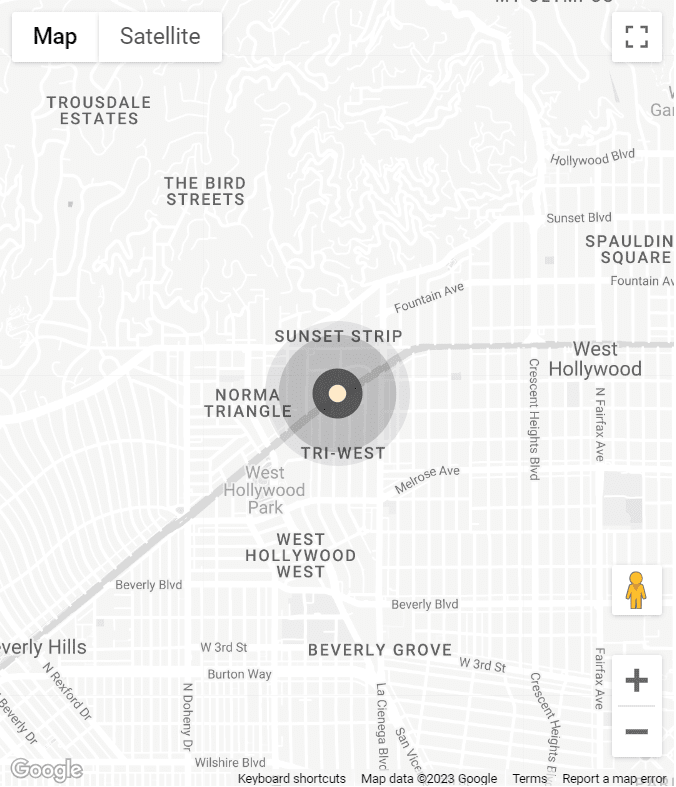The idea of flipping a house and making a healthy profit in a relatively short period of time holds a lot of appeal for investors, but is it always the right option? It may be better, depending on your situation, to buy and hold rather than flip. The following are considerations to keep in mind if you're ready to delve into real estate investing but aren't sure of the right path for you.
It's true that flipping a house can include a faster return on your money and is typically a safer investment than the stock market. Your capital is only at risk for the period of time when you're working on the home and the time it takes to sell. You don't have to take on some of the risks of holding the property and renting it out, like vacancies between renters and missed payments.
However, there are significant expenses – expected and unexpected - that come with flipping a house, and these expenses are very often underestimated by novice flippers. There are also tax ramifications when you turn around a property quickly. If you own a property for less than a year, expect to pay a high capital gains tax rate on the income you earn.
What About Buy and Hold?
Another option is to buy a property and hold onto it for the long-term, earning income by renting it out.
The big pro of a buy and hold strategy is the ongoing, passive income. You could be halfway around the world and still earning income on a rental property.
It's also likely that when you buy property, it will ultimately go up in value. There may be ups and downs along the way depending on the real estate market and the general economy, but for the most part, the longer you hold onto a real estate investment the more benefits you're going to amass thanks to inflation.
There are tax advantages to buy and hold. When you own a rental property, it's investment income, so your tax rates are lower, and you can write off the expenses of keeping up the property. Plus, the longer you hold onto the property, the lower your capital gains rate will be when you do sell.
But buying and holding is not without risks, including the potential that you'll have difficult tenants or tenants who don't pay. You'll also have to carry the expenses of your property if it's vacant for a period of time.
While buying and holding property can generate passive income, it's not completely passive. You're going to have to manage the property itself and your renters, or take on the expense of paying a management company to do so.
When you compare flipping versus buying and holding, you have to think about your level of risk tolerance, your investment timeline, and how active a role you want to take in the investment. Make sure to weigh your financial objectives: do you want to make money fast, or do you want to build long-term wealth?




